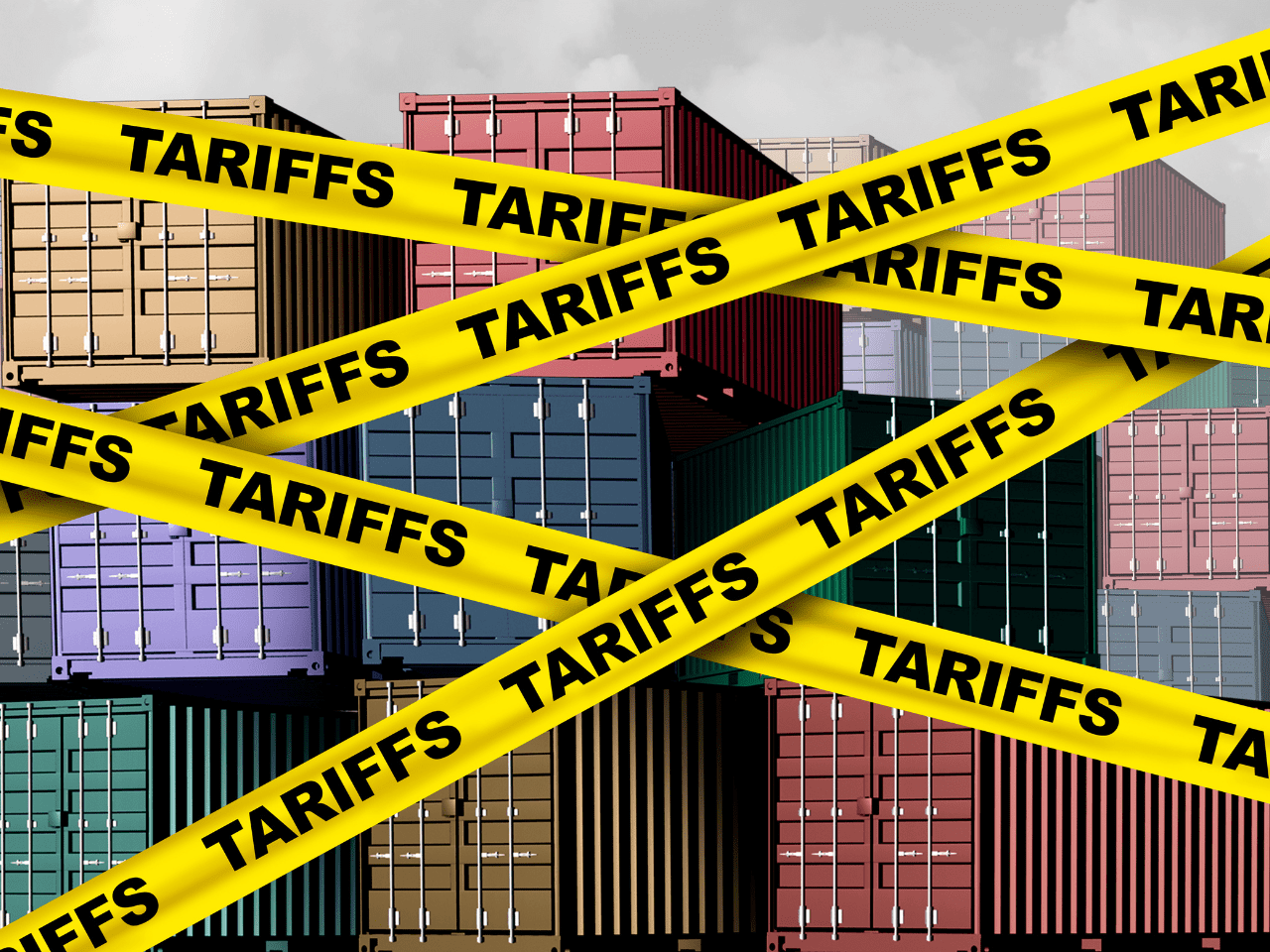When Accenture interviewed business executives as the Coronavirus pandemic raged, close to three-quarters (73%) said that “becoming a truly sustainable and responsible business” was a top priority for them over the next three years.
However, the skillsets required to lead are complex and hard to come by: they are about much more than making tactical changes, introducing eco-friendly products, cutting carbon dioxide emissions and using clean, renewable energy sources and recycled materials.
As specialist sustainability media brand edie said in a recent article, “the sustainability leader of the 2020s is both a master strategy developer and a unifying force for strategy delivery – and strategy delivery necessitates influencing and engaging; change management and collaboration; problem-solving and course-correcting.”
The importance of empathy
In other words, the business leaders who will successfully achieve the goals set out in the Accenture survey and reduce their companies’ environmental impact have at least as much empathy with other people and the challenges they face as they do specialist knowledge of the science involved.
In fact, as the Accenture survey concludes, too many businesses will fail in their ambitions because this lack of empathy means they are not engaging with a particularly important stakeholder group: “While leadership teams are broadly convinced they are on track to operate more sustainably, employees – an important stakeholder group as key change-makers in organisations – tend to disagree.”
In another report that should also be of concern to businesses, NewClimate Institute and Carbon Market Watch have scrutinised the climate-related promises made by 25 of the world’s largest companies – and found them wanting. In fact, the report goes so far as to say that they collectively fail to align with the 2030 ambitions set out in the Paris Agreement. Worse, many promises include loopholes and inaccurate claims that substantially devalue the pledges made.
Supporting a sustainable supply chain in business
At Achilles, we are far from pointing the finger of blame. We fully understand how the scale and complexity of the associated challenges, the wide range of viewpoints and interest groups involved, and the distractions brought about by economic factors and other events on the news agenda, can muddy the waters.
That’s why we offer a range of services designed to help business leaders unlock the financial, operational and reputational benefits of delivering against the climate-related ambitions of all stakeholder groups – including those all-important employees.
Of course, Achilles isn’t an environmental consultancy. Nor are we a life-coaching organisation that can help people learn empathy. Our expertise is in helping companies manage their supply chains – and that’s where our true value lies in the area of sustainable business practice. We can work as another pair of eyes, capturing and validating the right kind of environmental and social data, not only from your own organisation but also from those of your suppliers too to provide practical supply chain strategies.
End-to-end reporting across the supply chain
In other words, we can help you and your senior teams understand precisely what your dispersed supplier’s ESG footprint looks like – warts and all. That gives you the perspective you need to inspire positive action by using your leadership skills to unify collective understanding and support for your environmental strategy.
So the real insight, skills and responsibility remain with you. We simply provide you with the tools you need to maximise their effectiveness across every link in the supply chain.
That toolkit is wide-ranging, made up of a portfolio of products and services you can use singly or that can be interlinked to provide fully joined up, end-to-end reporting that drives actionable business decisions. It includes systems and solutions for:
- environmental management: driving positive change throughout the supply chain and accelerating the positive impact of change;
- energy reduction: helping you eradicate fossil fuels and provide evidence of low energy consumption across the supply chain;
- waste and recycling: ensuring all suppliers comply with waste regulations;
- water management: enabling compliance and value across all aspects of water use, storage and disposal; and
- managing hazardous substances: providing assurance of safety, efficiency and compliance.
We also provide a range of data-verification and audit solutions, among them a pre-qualification questionnaire that gives a complete and accurate view of suppliers’ risk profiles including the collection and verification of data relating to the environment. Our CarbonReduce Audit, meanwhile, which we offer in partnership with Toitū, helps companies accurately measure their emissions and develop effective supply chain strategies to reduce them.
But all these solutions are only tools – and we recognise that any tool is only as effective as the hand that guides it. So ultimately it is your skill, your understanding and your commitment as a leader that really count.
All we can do is make it that bit easier for you to deliver on your ideas for a sustainable supply chain.
So when it comes to being that “unifying force for strategy delivery” that edie highlights, your empathy and grasp of strategy will be what ultimately makes the difference. Our portfolio brings you the practical capability to turn your ideas into reality.


